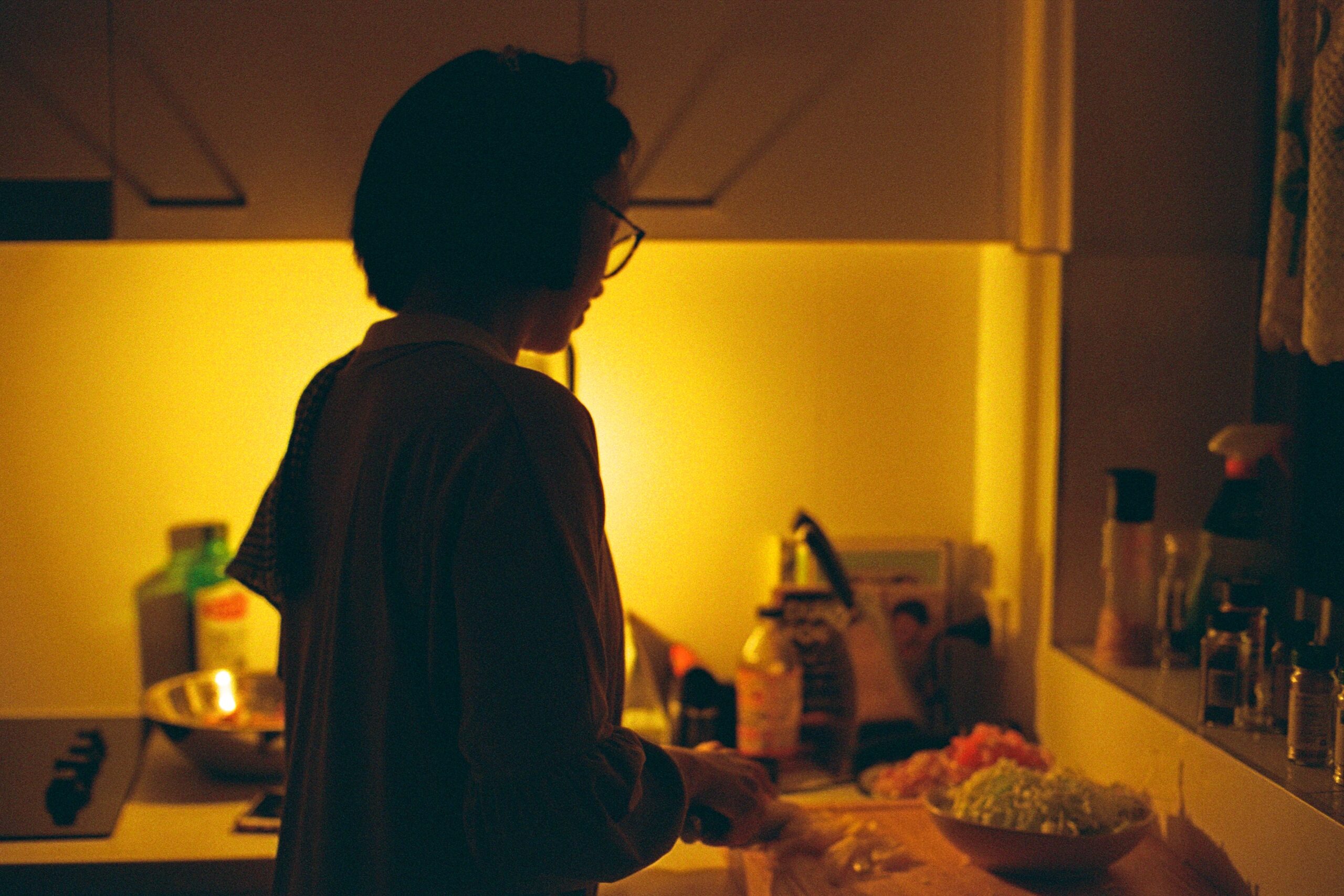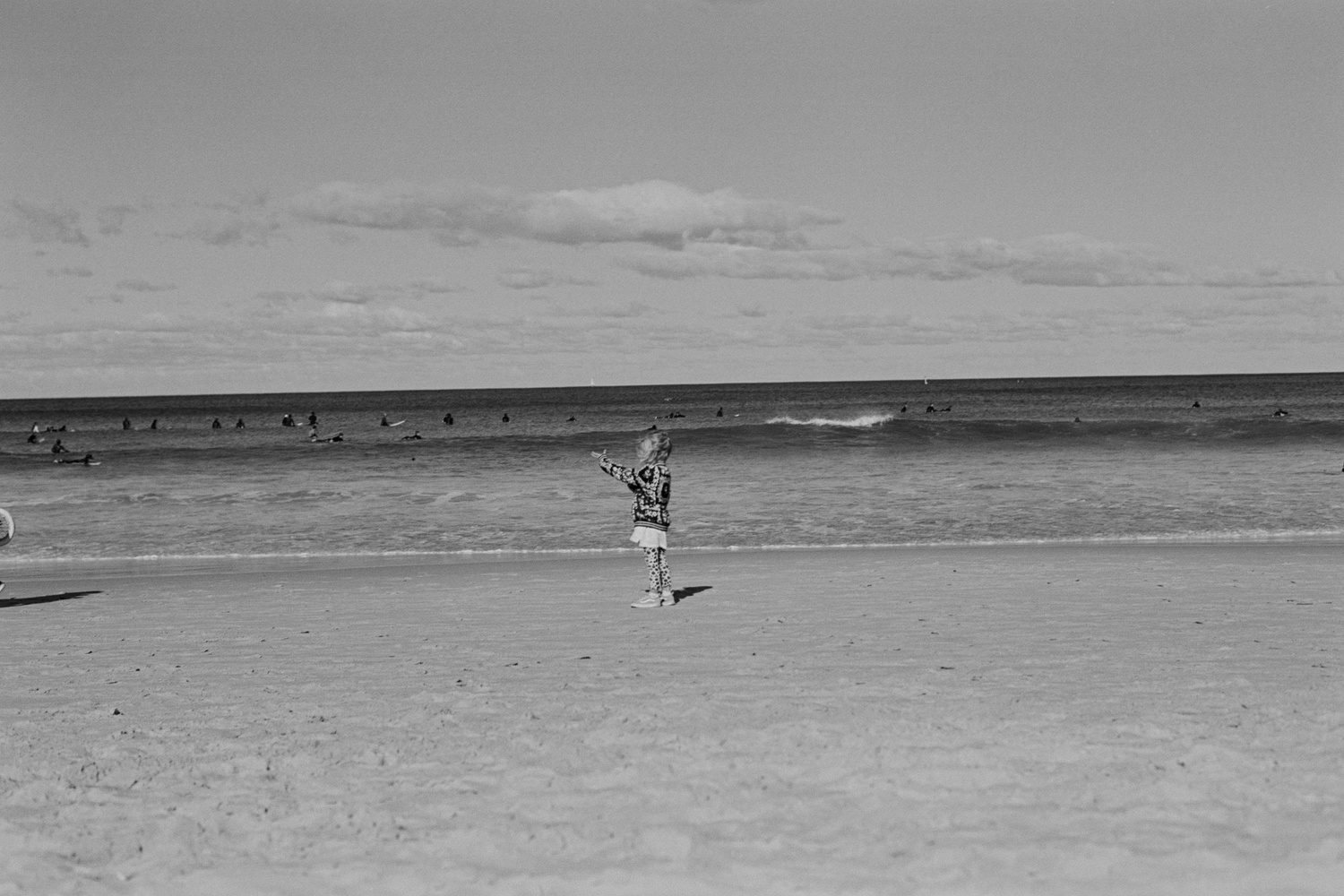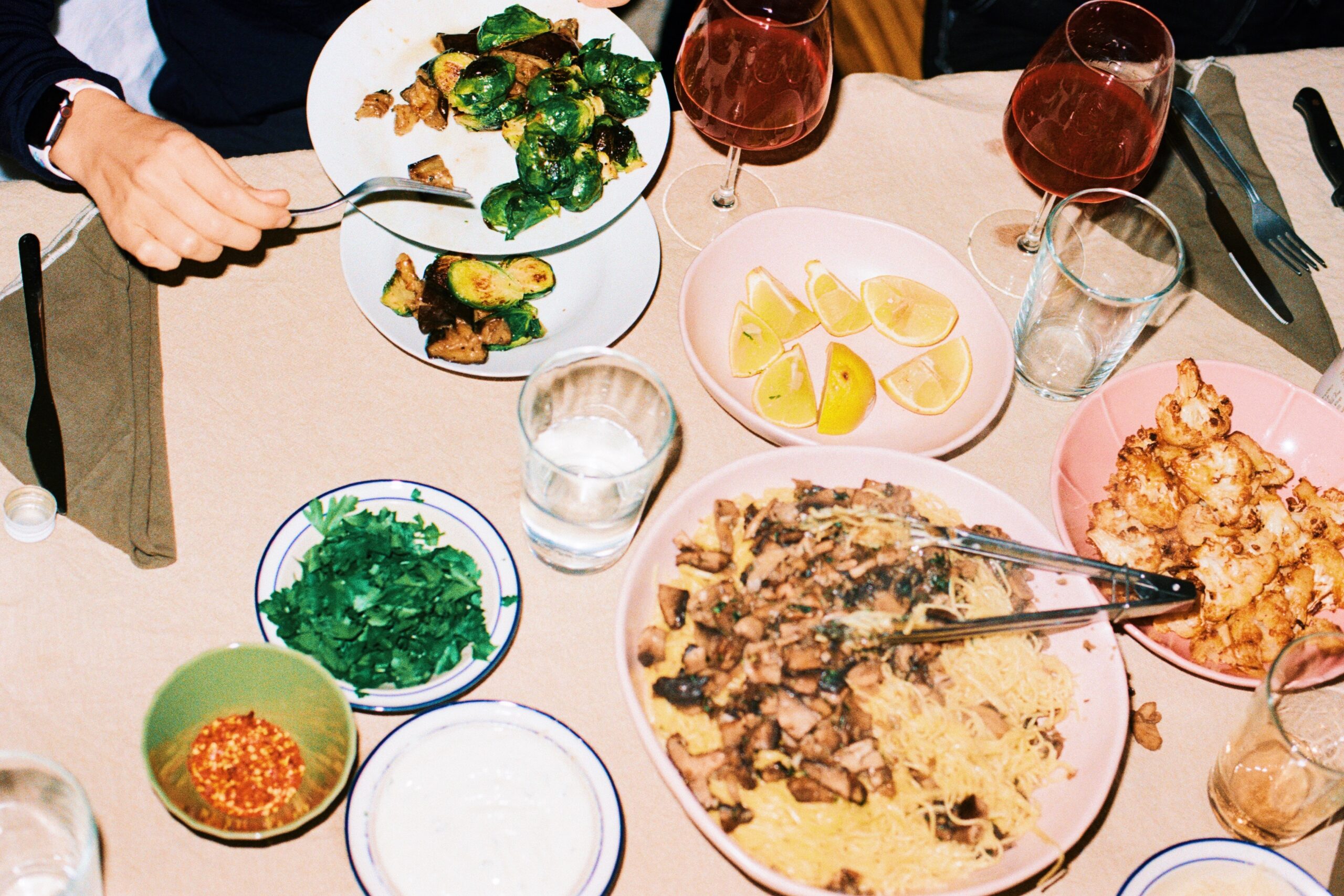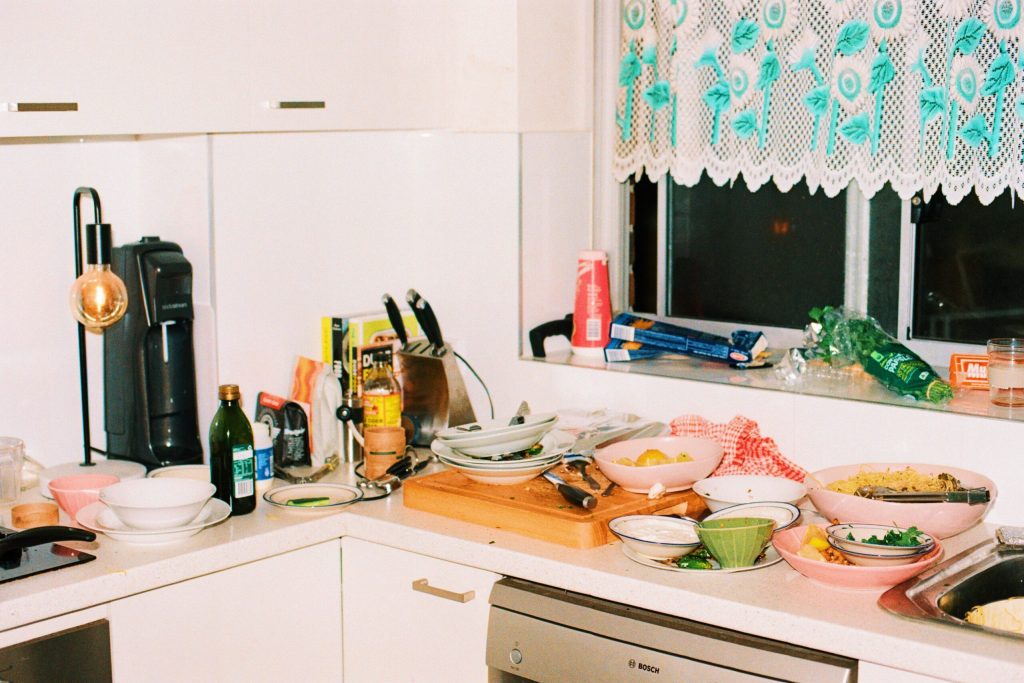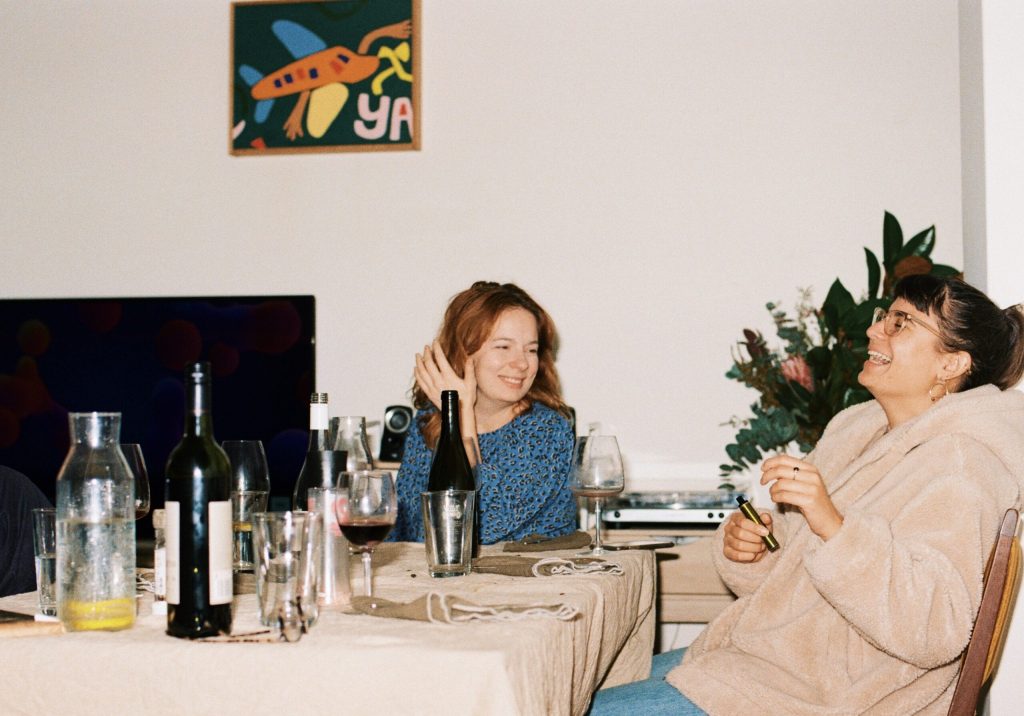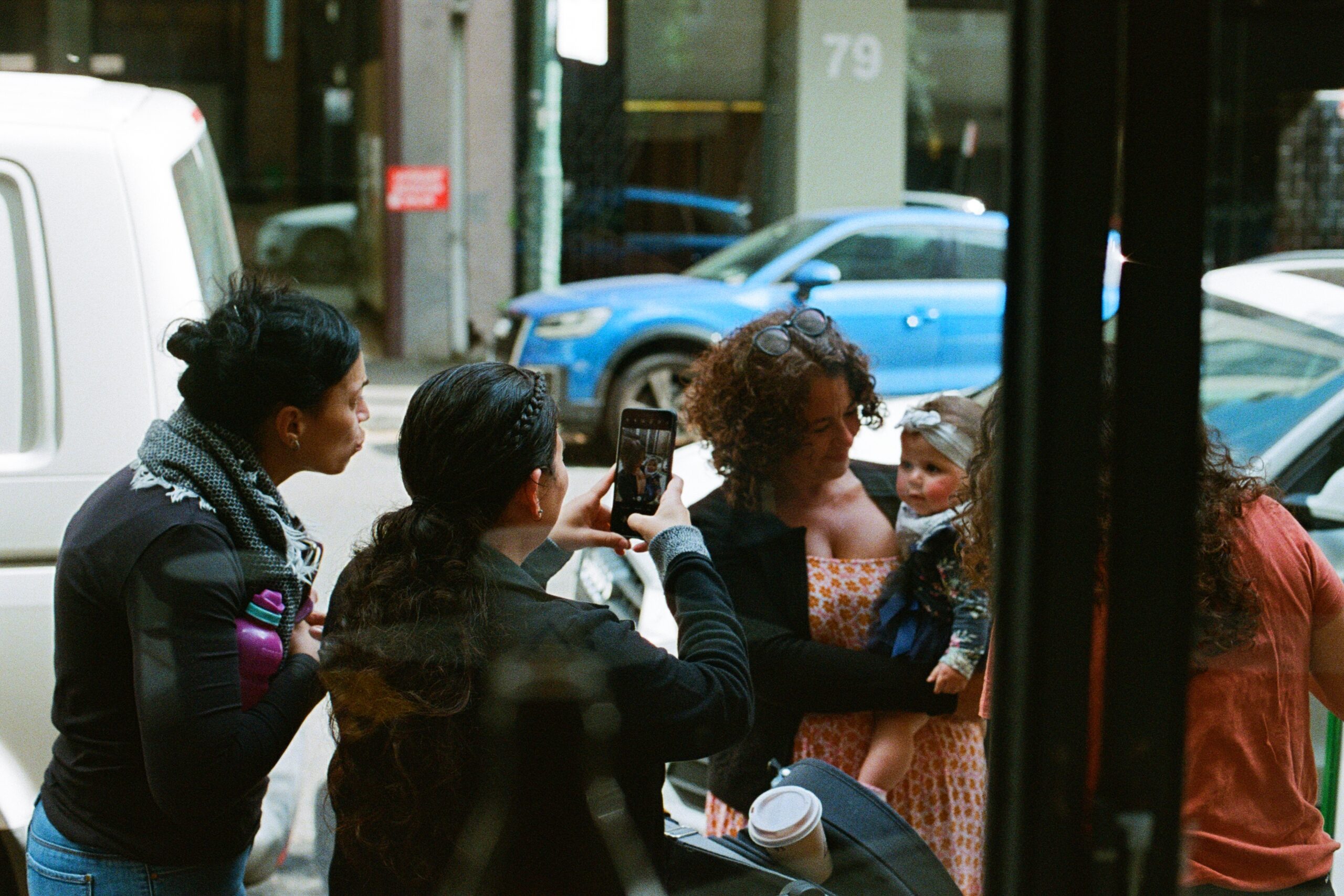The nature of a teenage mind is similar to my thought process now when I’m halfway through an argument and realise I’m wrong. Adamant and ready to double down on my convictions, even if entirely misguided.
The only difference now is that I can’t use an underdeveloped prefrontal cortex as a scapegoat.
A lack of understanding often builds resentment builds in insidious ways, creeping in and occupying the attic of your brain, biding time until the weight starts to compound and inevitably crashes to the forefront of your mind.
I became accustomed to operating with a lack of information, shaped by growing up on a need-to-know basis, vulnerability and transparency were largely absent from conversation, if there was any conversation at all.
Like most young people, all I wanted was the freedom to make my own choices. Frustrated when my well rehearsed pitch to go to parties or hang out with friends were met with a firm no.
Convinced I had the foresight, sound judgement and life skills to handle any adverse or unpredictable outcomes.
Looking back I’m grateful I was safeguarded and managed, as an impulsive, undiagnosed ADHD teenager it is likely that risks were removed from me before I ever had a chance to experience what they were.
It also made me realise that at that age, I actually had more free reign than I assumed. By the time I was 16, I was the decision maker to remove myself from private school education, dropping out of high school to work in administration and ultimately deciding to return to school and repeat year 11 to receive my high school certificate.
Each of those critical factors shaping my future was led by me.
At the same age, being confronted with the murder of a close friend was entirely out of my control, but I was in charge of my response and how to manage it. In hindsight, I delivered more practical outcomes for a funeral than I did for my entire HSC.
When I think of being granted with freedom as a teenager, I instinctively envision a carefree reality, moving through life on a whim and unbridled by the existential dread of making decisions on anything that actually mattered.
Now, at almost twice that age, I realise my friends and I had enough independence to shape the course of our lives before we could even buy a bottle of wine. We were granted early access to a level of autonomy and decision making that resulted in real world consequences.
The novelty of life is that it’s not linear and every day it presents new opportunities to course correct to chart a new path forward.
The irrefutable truth is that pre-determinants and lived experience are the cards you’re dealt. While individual choices can lead to different outcomes, there’s always an existing set of circumstances that can’t just be reshuffled.
As you get older, it’s inevitable that you start calling the shots.
At some point we hit a crossroads, where the veil lifts and you realise that your all knowing, larger than life parents are just people who are also muddling through and trying to figure it out in real time.
Their flaws and fears become visible and suddenly the things they did, and choices they made start to feel more understandable. It is both grounding and disorienting, to realise you’re living a shared human experience of just doing the best you can with what you know.
You see them at eye level as opposed to being ten feet tall. But this can be a fleeting moment as roles reverse and you become the lead.
The timeline of that realisation is rarely equal. Class plays its part, shaping when it happens and how heavy the load becomes once it does. With some bearing the navigator role as a minor, unaware of any other reality and unknowingly forfeiting a childlike sensibility in place of a hardwired mindset of survival.
With competing priorities at play, success is often correlated to sacrifice. If you’re required to cover a wider area of core needs for more people than just yourself, it ultimately results in less resources for up-skilling and getting ahead, fuelling the vicious cycle of intergenerational disadvantage.
Temporary hardship can be resolved with curative solutions, whereas breaking patterns has to come from preventive measures. Reform steeped in education and aimed at equitable and accessible opportunities.
On average, most people default to Google to seek out information. Even then it can be difficult and ambiguous to extract what you need, let alone even understanding there is more out there than gets captured in your keyword search.
You can’t look for something you don’t know exists.
Identifying ways to improve our lives is not as innate or intuitive in the same way we know how to service our core needs.
If our cars need fuel, we know to go to a service station, if we need groceries we know to head to the supermarket, if we need to deposit money we know to go to the bank, if we need medication we know to go to the chemist.
If you are having problems with your landlord, do you know there is a Rental Commissioner and that new legislative reforms may apply to your situation? If you are trying to resolve a toll dispute, are you aware there are two different ombudsmen depending on the road where the fee was issued? And if you have been hit with the Medicare Levy at tax time, do you know it can be offset by taking out basic hospital cover? But if you do so after 31 you are signed up for a lifetime tax for being late to the game.
You don’t know what you don’t know.
This is amplified when these systems that you are captured in often impact your day to day, in the same regularity of buying bread or getting a prescription filled.
Whether you’re a creative searching for grants, entrepreneur looking for funding, or just wanting to get a better deal from your energy provider. Start your search on government websites (federal and relevant state/territory as there are different initiatives across different levels of government) and branch out from there.
My recommendation doesn’t stem from a suggestion that government resources are the holy grail, but it does provide a credible starting point to use as a springboard to other sources and can help verify some dated reddit thread you’re banking on.
